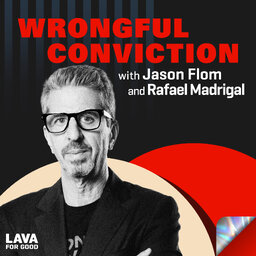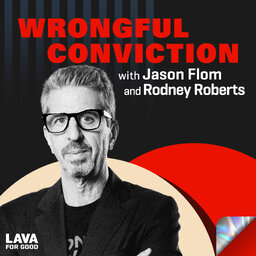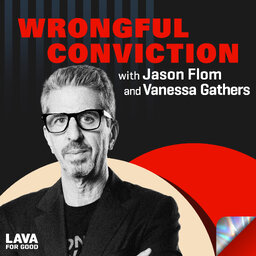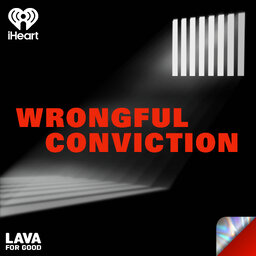#083 Jason Flom with Jeffrey Deskovic - RE-RELEASE
In 1990, Jeffrey Deskovic was wrongfully convicted of the brutal rape and murder of his 15-year-old classmate, Angela Correa. Jeff was only 16 at the time of the crime with no prior record. Police claimed that Jeff was overly upset at the victim’s funeral and were certain they had their man. They interrogated him for over seven and a half hours, without his mother or legal counsel present. After browbeating and intimidating him, they ultimately extracted a false confession after promising that he could go home after he confessed. He had also been told that if his DNA did not match the semen in the rape kit, he would be cleared as a suspect. In January 1991, Jeffrey Deskovic was convicted of 1st degree rape and 2nd degree murder, despite DNA results showing that he was not the source of semen in the victim’s rape kit, and he was sentenced to 15 years to life in prison. In 2006, post-conviction DNA testing done by the Innocence Project both proved Jeff’s innocence and identified the real perpetrator, convicted murderer Steven Cunningham, who subsequently confessed to the crime. On November 2nd, 2006, Jeffrey Deskovic’s indictment was dismissed on grounds of actual innocence and he was released after serving 16 years in prison. Since his release, he has started The Jeffrey Deskovic Foundation for Justice, which investigates wrongful conviction cases and provides support for exonerees once they are released.
https://www.wrongfulconvictionpodcast.com/with-jason-flom
Wrongful Conviction is a production of Lava for Good™ Podcasts in association with Signal Co. No1.
We have worked hard to ensure that all facts reported in this show are accurate. The views and opinions expressed by the individuals featured in this show are their own and do not necessarily reflect those of Lava for Good.
In 1 playlist(s)
Wrongful Conviction
Hosted by celebrated criminal justice reform advocate and founding board member of the Innocence Pro…Social links
Follow podcast
Recent clips

#562 Jason Flom with Rafael Madrigal
48:40

#561 Jason Flom with Rodney Roberts
53:02

#560 Jason Flom with Vanessa Gathers
50:04
 Wrongful Conviction
Wrongful Conviction